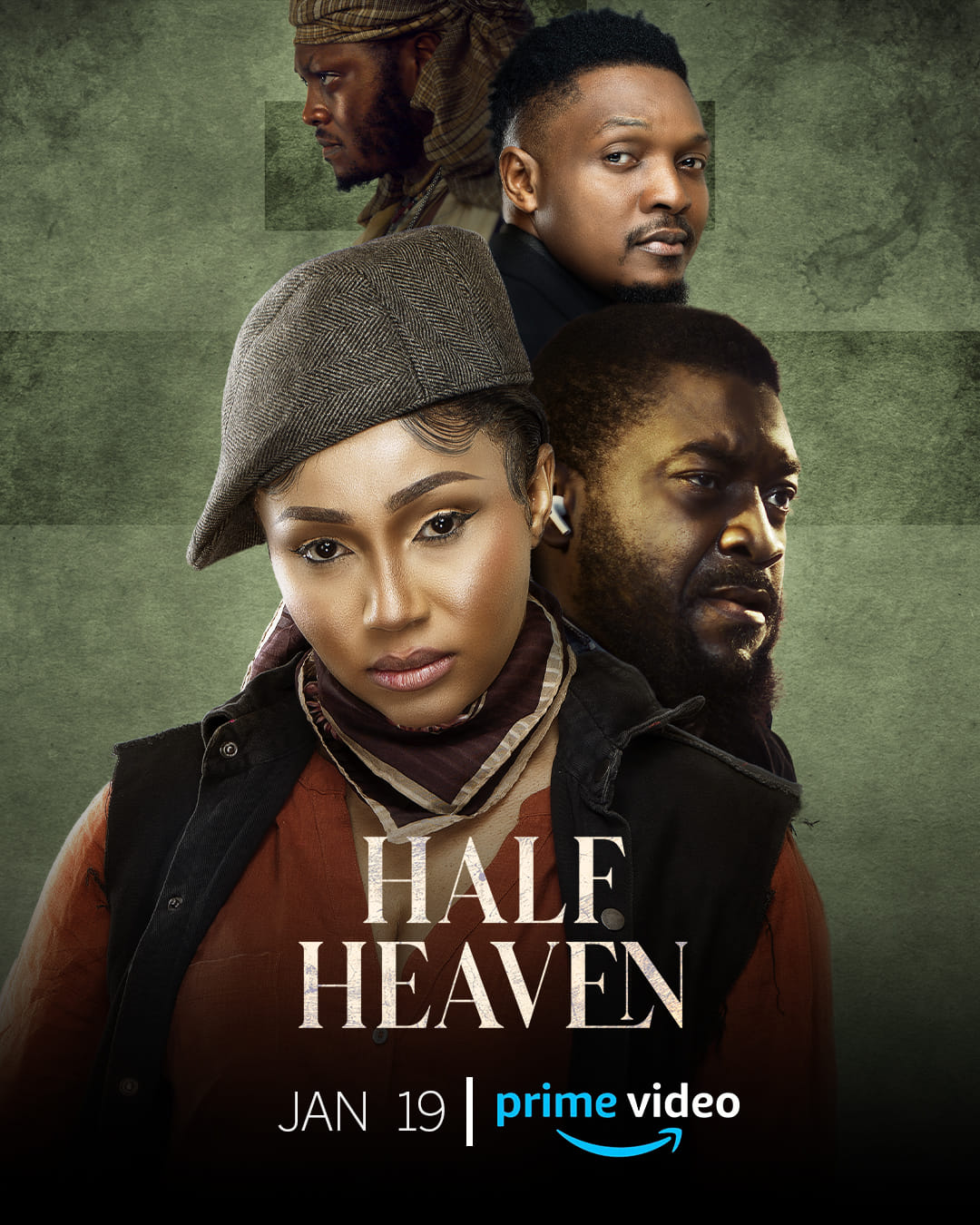|
 Buea-born and Kumba-bred Ekiti Drogba is an oral artist par excellence. When he sings, you are convinced. Yet, he reigned in oblivion for so long and his country would not quickly discover it has an illustrious musician. However, Ekiti’s stage curtains opened in 2011 and ushered the music maestro who is now determined to hit the charts. In his 30s, this Copenhagen, Denmark-based entrepreneur pressed the yellow lights with his rehearsals album Chunga Chunga with four songs - Bye Bye Papa, Chunga Chunga, Derier Derier, I love You Nigeria. Then two months ago, Ekiti Raymond (his real names), also affectionately called “Le Papa du Micro” pressed the green light with Lembe Lembe, an album he recorded at the KBOY STUDIOS in Paris, featuring DJ Yayouss and Rough KumbaBoy. Our Sweden correspondent Agbor Jenet Manyi recently met with the talented songwriter who doubles as producer. Excerpts of the interview with Ekiti! Buea-born and Kumba-bred Ekiti Drogba is an oral artist par excellence. When he sings, you are convinced. Yet, he reigned in oblivion for so long and his country would not quickly discover it has an illustrious musician. However, Ekiti’s stage curtains opened in 2011 and ushered the music maestro who is now determined to hit the charts. In his 30s, this Copenhagen, Denmark-based entrepreneur pressed the yellow lights with his rehearsals album Chunga Chunga with four songs - Bye Bye Papa, Chunga Chunga, Derier Derier, I love You Nigeria. Then two months ago, Ekiti Raymond (his real names), also affectionately called “Le Papa du Micro” pressed the green light with Lembe Lembe, an album he recorded at the KBOY STUDIOS in Paris, featuring DJ Yayouss and Rough KumbaBoy. Our Sweden correspondent Agbor Jenet Manyi recently met with the talented songwriter who doubles as producer. Excerpts of the interview with Ekiti!
Jenet Agbor (JA): Hello Ekiti Drogba!
Ekitti Drogba (ED): Hello Jenet!
Jenet Agbor (JA): I love You Nigeria - I think there is a fire under this smoke. What made you to have this title for a song?
ED: It’s because most people who encouraged and helped me to develop my talents are from Nigeria. Yet, there are others I will not hesitate to always express my gratitude to. I’m thinking of Alhaji Tony Wahab who has been a father to me.
JA: Where did you get inspiration in music?
ED: I got inspiration from Jehovah God.
JA: Who did you admire most in the musical world as you were growing?
ED. Doug Saga of blessed memory and Petit Pays.
JA: When do you intend to release your next album?
ED: I can say in the future.
JA: How is it like practising music in Europe?
ED: It is very challenging with the time aspect you and I know, but encouraging materially speaking.
JA: What advice would you have to youths?
ED: Do not allow the gravity of discouraging spirit to drag your talents in mud. Follow your talents against all odds, with personal efforts and faith in God and you shall make it someday.
JA: What do you think Cameroonians could do to help in developing the entertainment industry?
ED. They should encourage and promote their own musicians and filmmakers. As it is often said, charity begins at home.
JA: Thanks for this brief chat Ekiti!
ED. You are welcome!
|

 Well, I think the CEA was a very shallow and misgu... More...
Well, I think the CEA was a very shallow and misgu... More... This is creativity we are talking about, this are ... More...
This is creativity we are talking about, this are ... More... Lovelyn,your pre-selection criterias are ok but i'... More...
Lovelyn,your pre-selection criterias are ok but i'... More... camhood 4 the better More...
camhood 4 the better More... fame is gd More...
fame is gd More... CONGRATULATION. THANK GOD FOR YOU GUYS. CAMEROON S... More...
CONGRATULATION. THANK GOD FOR YOU GUYS. CAMEROON S... More... cool girls dat was great but this year we the cons... More...
cool girls dat was great but this year we the cons... More... The News
The News Buea-born and Kumba-bred Ekiti Drogba is an oral artist par excellence. When he sings, you are convinced. Yet, he reigned in oblivion for so long and his country would not quickly discover it has an illustrious musician. However, Ekiti’s stage curtains opened in 2011 and ushered the music maestro who is now determined to hit the charts. In his 30s, this Copenhagen, Denmark-based entrepreneur pressed the yellow lights with his rehearsals album Chunga Chunga with four songs - Bye Bye Papa, Chunga Chunga, Derier Derier, I love You Nigeria. Then two months ago, Ekiti Raymond (his real names), also affectionately called “Le Papa du Micro” pressed the green light with Lembe Lembe, an album he recorded at the KBOY STUDIOS in Paris, featuring DJ Yayouss and Rough KumbaBoy. Our Sweden correspondent Agbor Jenet Manyi recently met with the talented songwriter who doubles as producer. Excerpts of the interview with Ekiti!
Buea-born and Kumba-bred Ekiti Drogba is an oral artist par excellence. When he sings, you are convinced. Yet, he reigned in oblivion for so long and his country would not quickly discover it has an illustrious musician. However, Ekiti’s stage curtains opened in 2011 and ushered the music maestro who is now determined to hit the charts. In his 30s, this Copenhagen, Denmark-based entrepreneur pressed the yellow lights with his rehearsals album Chunga Chunga with four songs - Bye Bye Papa, Chunga Chunga, Derier Derier, I love You Nigeria. Then two months ago, Ekiti Raymond (his real names), also affectionately called “Le Papa du Micro” pressed the green light with Lembe Lembe, an album he recorded at the KBOY STUDIOS in Paris, featuring DJ Yayouss and Rough KumbaBoy. Our Sweden correspondent Agbor Jenet Manyi recently met with the talented songwriter who doubles as producer. Excerpts of the interview with Ekiti! Preparations are underway for an action-packed movie that will be starring amongst others Cameroonian-born Aurelien Henri Obama. Blood Brothers will be shot in Botswana (for the African scenes) and Los Angeles (for the United States scenes).
Preparations are underway for an action-packed movie that will be starring amongst others Cameroonian-born Aurelien Henri Obama. Blood Brothers will be shot in Botswana (for the African scenes) and Los Angeles (for the United States scenes).

 Performing at the “Urban Africa” event under the alias of “Nabstar”, Nabil Fongod; the Belgium based
Performing at the “Urban Africa” event under the alias of “Nabstar”, Nabil Fongod; the Belgium based
